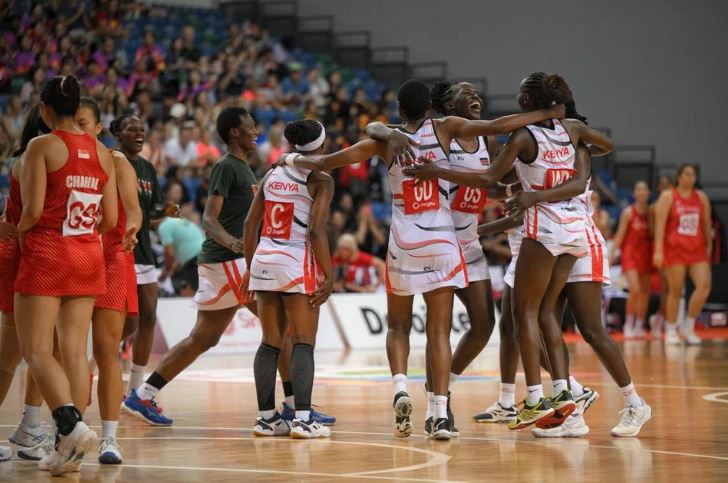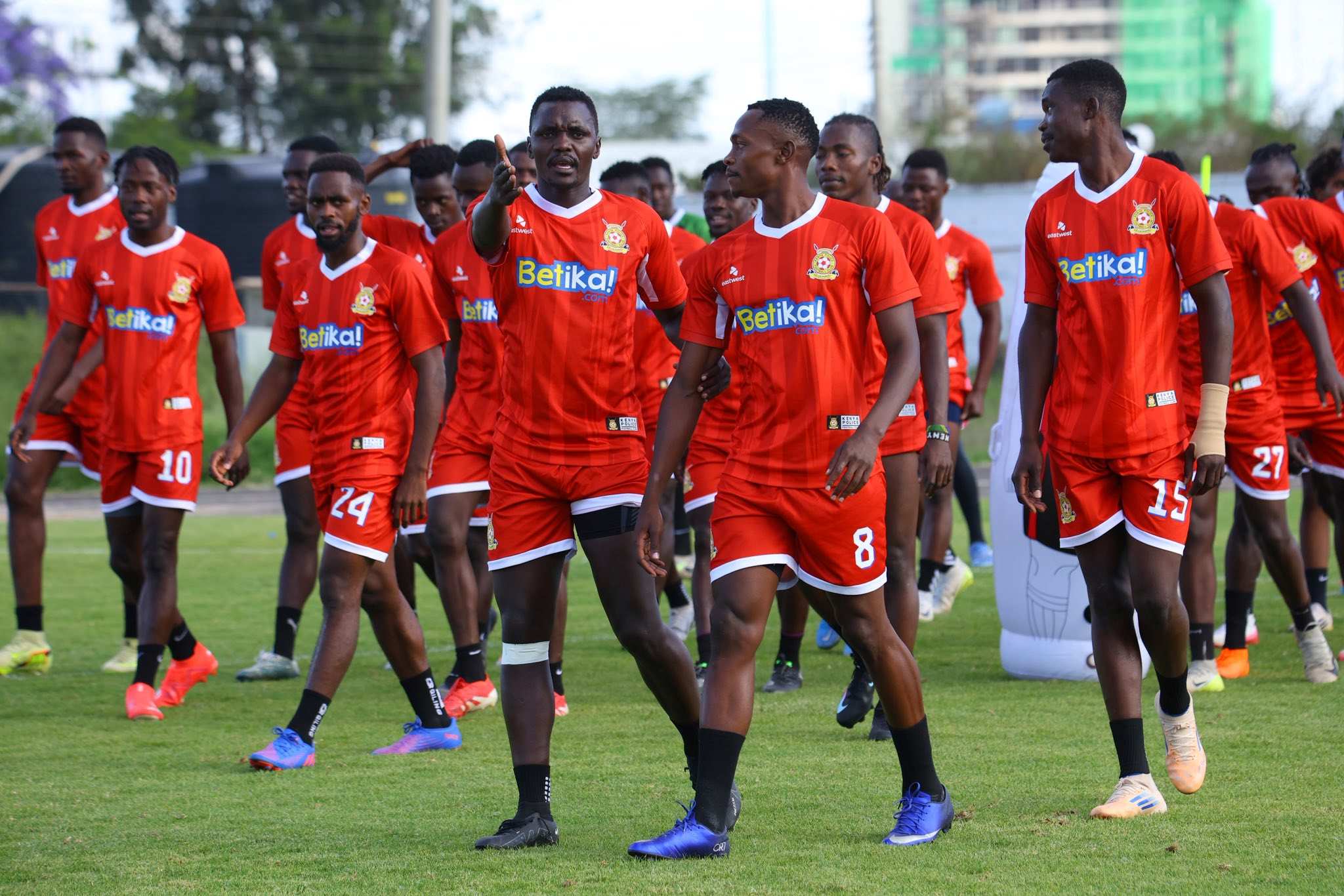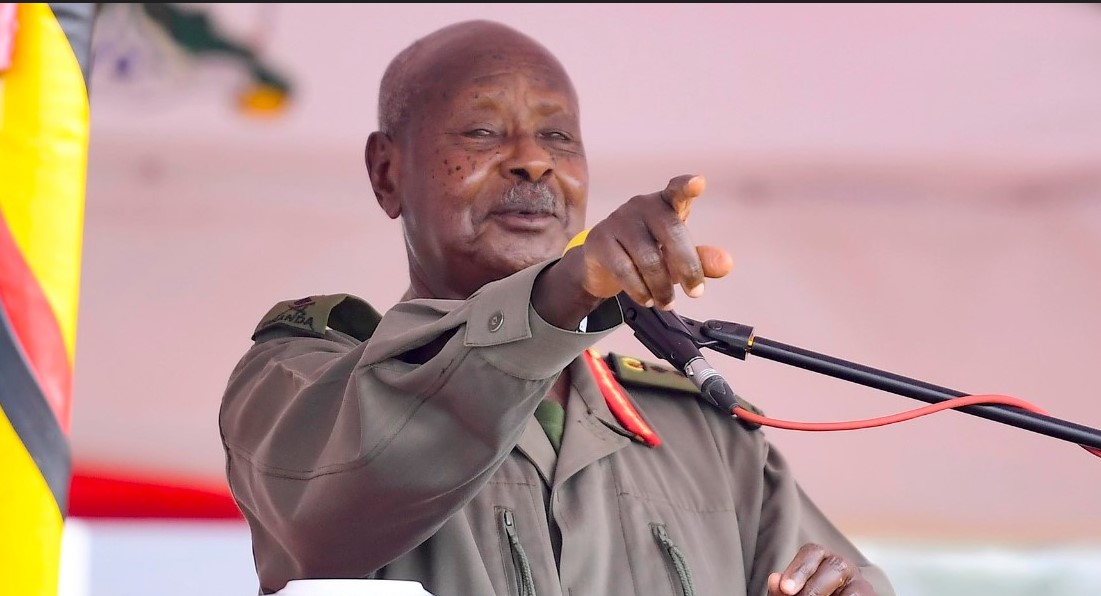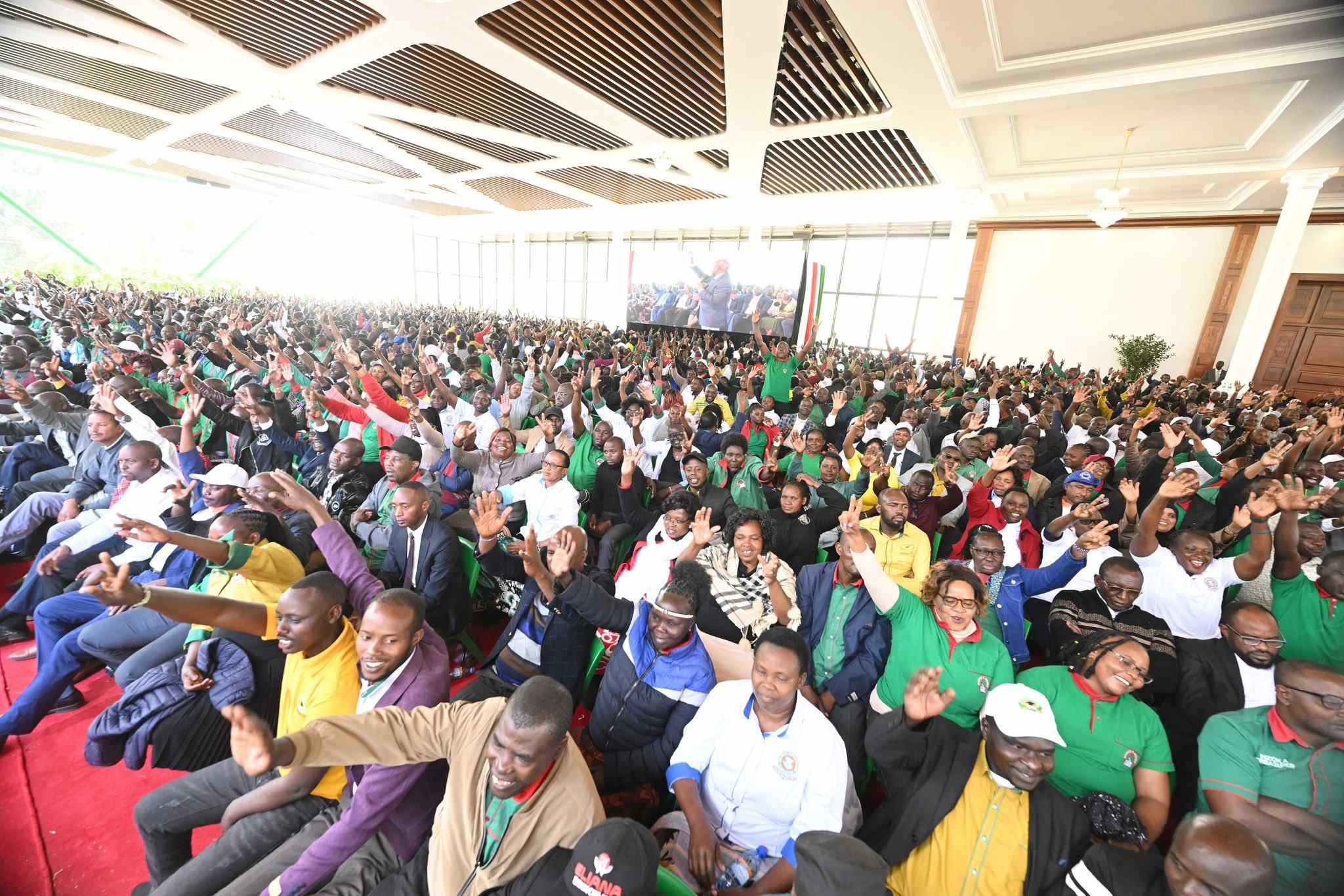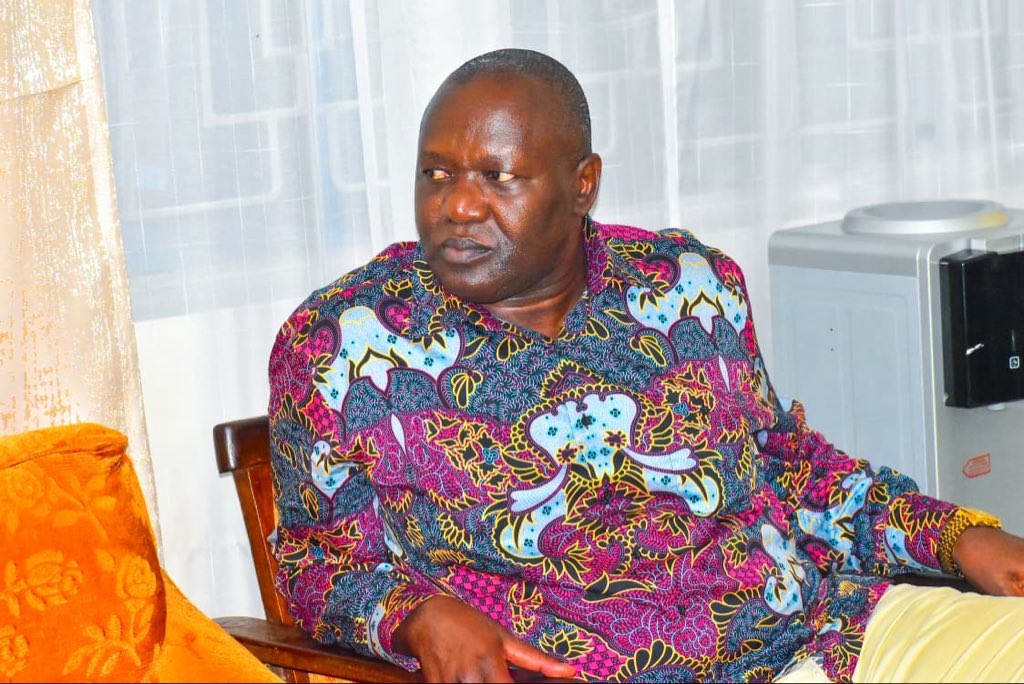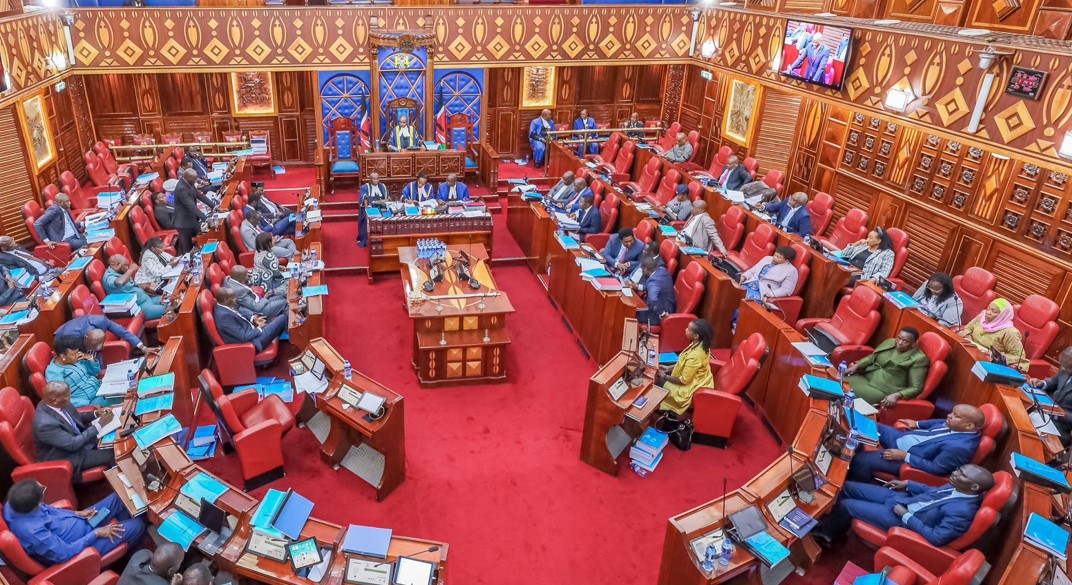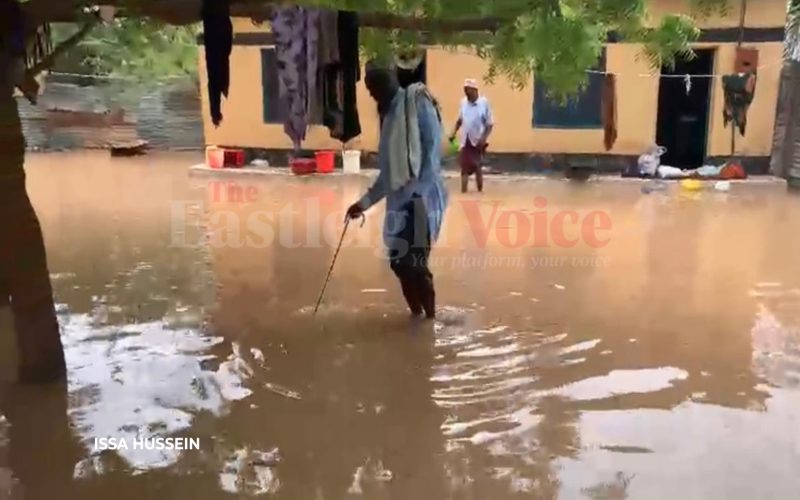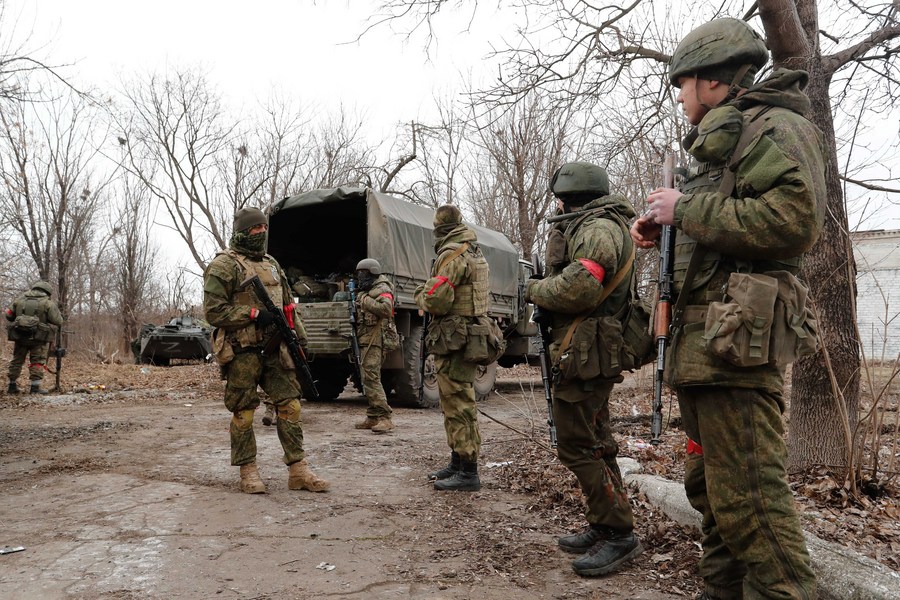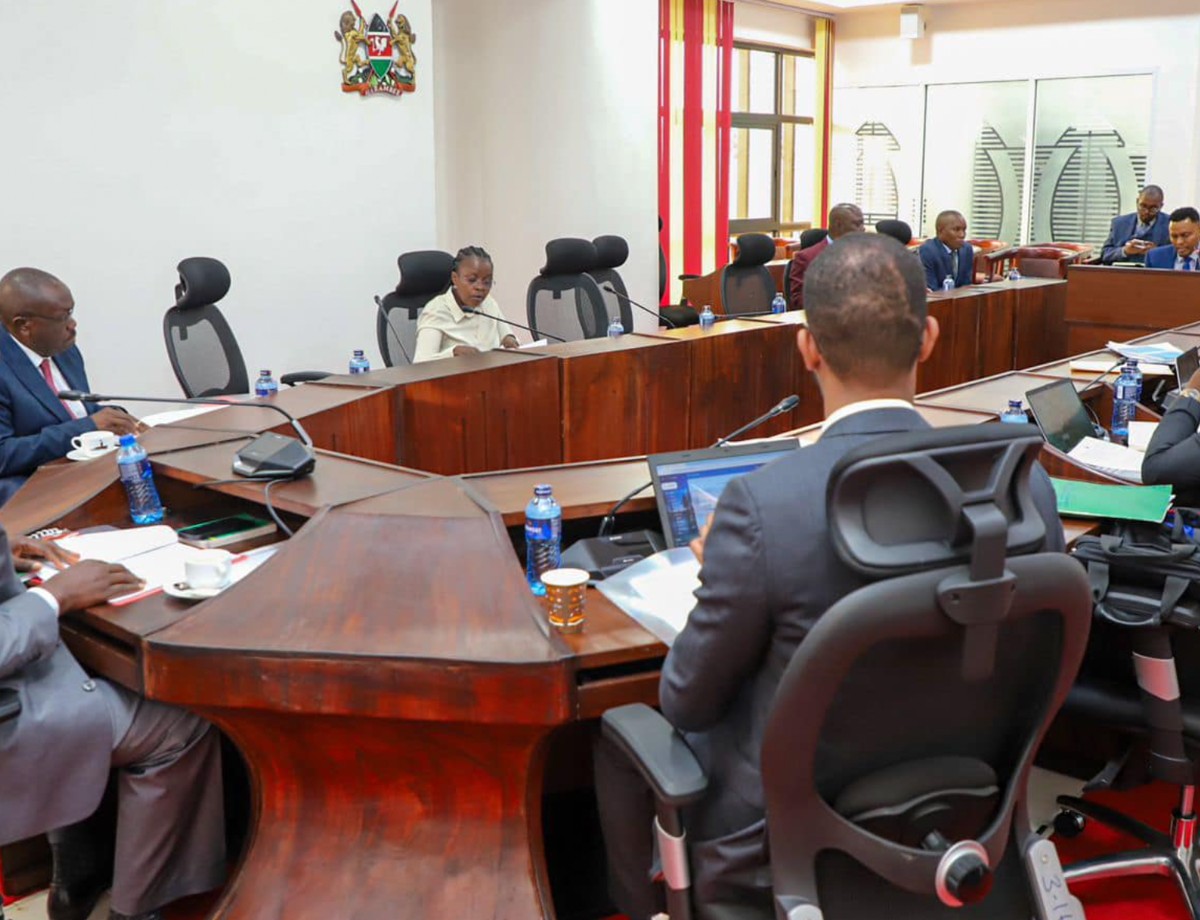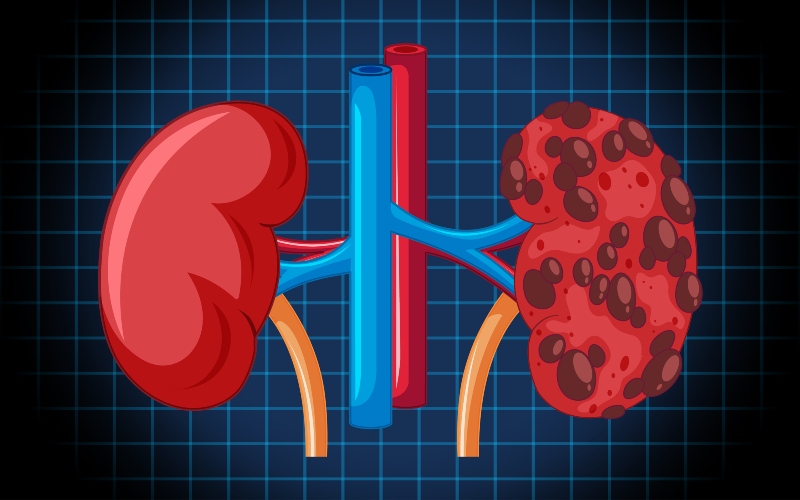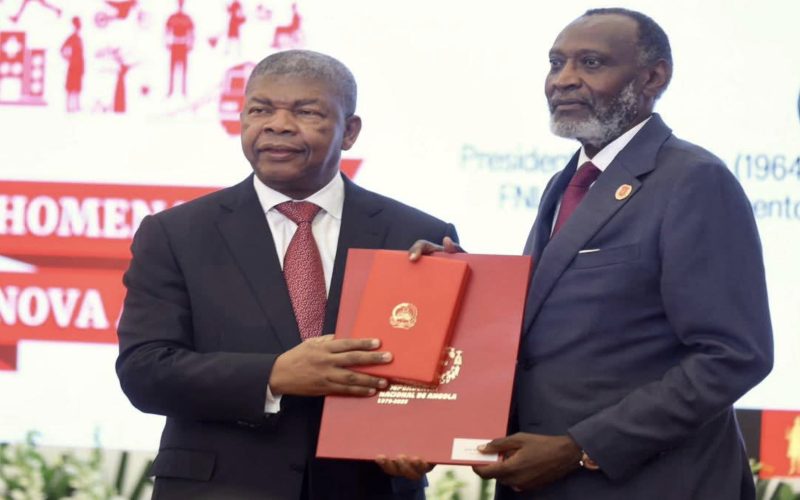Rwanda rejects Human Rights Watch allegations of backing M23 killings in DRC
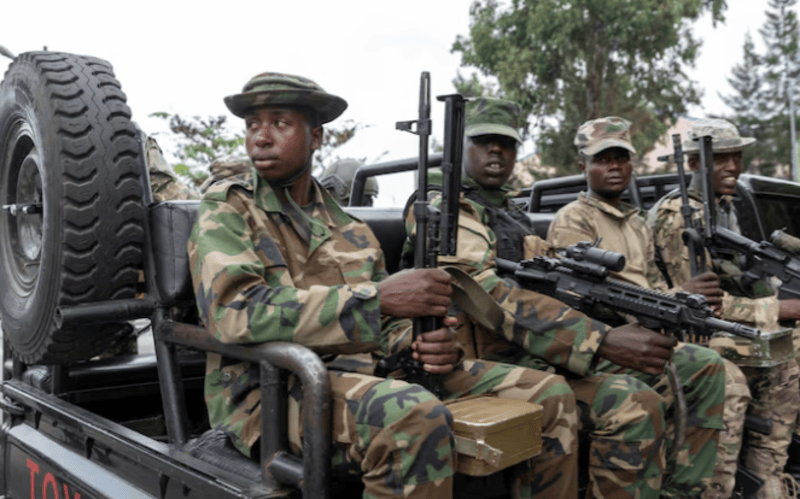
Rwanda dismissed these allegations as hastily released and lacking credible investigation, claiming they were designed to promote a predetermined narrative.
The Rwandan government has firmly rejected allegations by Human Rights Watch, the UN Office of the High Commissioner for Human Rights (OHCHR), and the UN Joint Human Rights Office (UNJHRO) claiming that Rwandan forces supported the M23 rebel group in the killing of civilians in Binza, Rutshuru Territory, Democratic Republic of Congo (DRC).
Kigali described the claims as unverified, unfounded, and politically motivated, asserting that they lack credible evidence and proper investigation.
More To Read
- DRC and Rwanda draft agreement to boost trade and investment
- Kenya, Rwanda expand defence cooperation to include technology and innovation
- Crimes against children in conflict surge to worst-ever level in 2024 - report
- Congo eyes debt-for-nature swap to ease fiscal strain
- Millions face escalating hunger crisis in eastern DRC, UN agencies warn
- Child marriage is still common in the DRC: What’s driving it and how to encourage change
In a statement released on Friday, August 22, 2025, Rwanda highlighted that Human Rights Watch admitted it had not independently verified the alleged killings of Hutu civilians between July 10 and 30, 2025, which the organisation claims took place across at least 14 villages and farming areas near Virunga National Park.
According to HRW, the M23 militia, backed by Rwanda, executed over 140 civilians in July, and credible sources suggest that total killings in Rutshuru territory since July could exceed 300, making it one of the worst atrocities by the group since its resurgence in late 2021.
"The sensational accusations of Human Rights Watch, just like those of UNJHRO and OHCHR, have no basis in fact and lack any evidence. Human Rights Watch itself admits that it did not independently verify the alleged killings of Hutu civilians over a period of almost two weeks," said the Rwandan government.
Rwanda dismissed these allegations as hastily released and lacking credible investigation, claiming they were designed to promote a predetermined narrative.
The government also pointed out that the reports coincided with ongoing peace negotiations and the implementation of the June 27, 2025, Peace Agreement, which includes efforts to neutralise the DRC-backed FDLR militia, widely regarded as a key source of conflict, violence, and human rights abuses in eastern DRC.
Rwanda further stressed that only an independent investigation could shed light on the allegations and criticised the timing and sensational nature of the claims.
"Human Rights Watch has a long history of implausible claims against Rwanda, often at moments of political significance, currently when parties to the conflict in the DRC are preparing to go back to negotiations, and in the midst of implementing decisions of the June 27, 2025 Peace Agreement, including the neutralisation of the DRC-backed FDLR genocidal militia, the main source of conflict, violence and abuses in eastern DRC," the government noted.
Despite the accusations, Rwanda reaffirmed its commitment to a peaceful, secure, and prosperous Great Lakes region, citing continued engagement in the Washington DC Peace Agreement and support for the Doha process.
Top Stories Today
